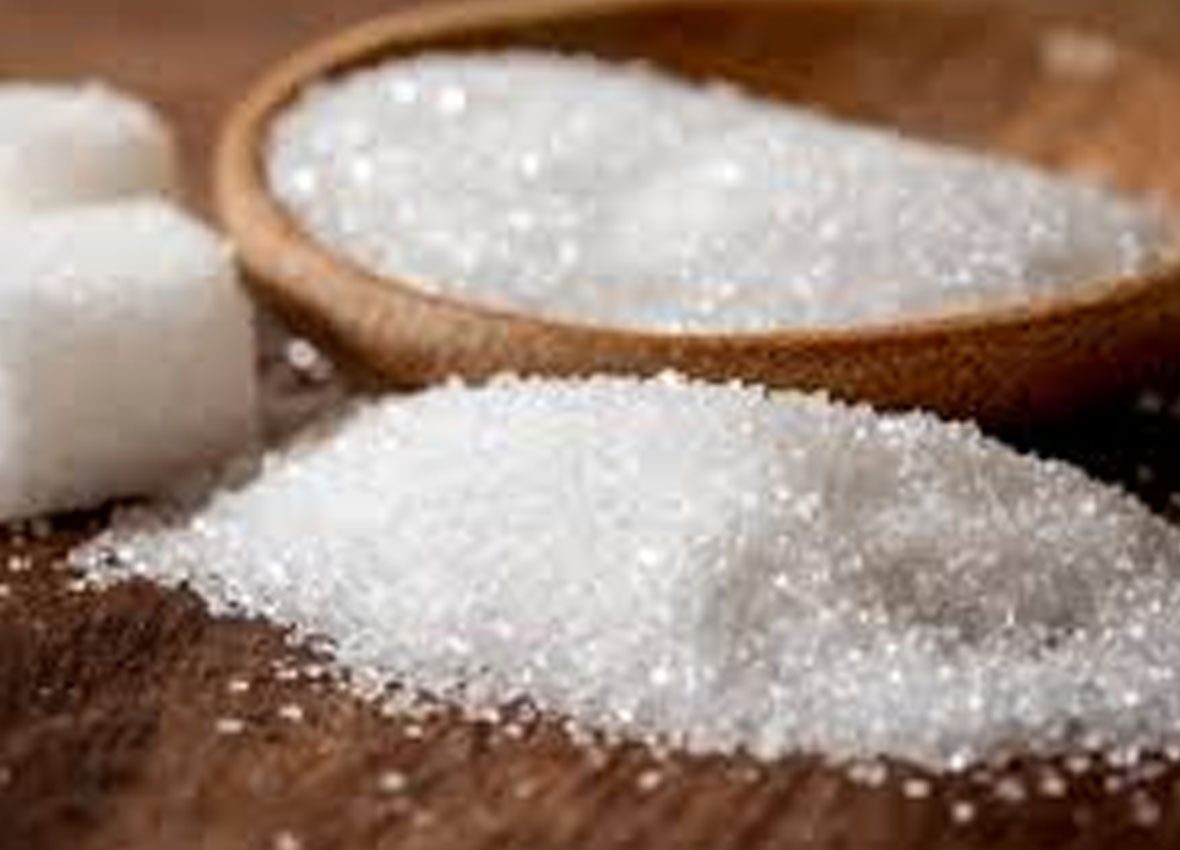ITINUTULAK ng dating government executive ang implementasyon ng suggested retail price (SRP) sa refined sugar sa merkado.
Sa roundtable forum kamakailan sa Quezon City, sinabi ng dating Sugar Regulatory Administration chief na si Rafael Coscolluela na kung ang mill gate price ng raw sugar ay P1,500 per 50-kilogram bag, dapat itong maibenta ng mas mababa sa P50 bawt kilo sa retail, o P46 hanggang P47.
“If mill gate prices, for example, is P1,500, add about P800 to cover the distribution cost that means from mill gate, pass on to trader, then to broker, repacker, and finally to the retailer. Add P1,500 plus P800, that’s P2,300, divided by 50, the price comes out to less than P50 per kilo retailed,” sabi niya.
Dagdag pa ni Coscolluela na ang presyo ng retail ng higit sa P50 ay pahiwatig na may indibiduwal o grupo ng mga negosyante ang gumagawa ng pera kaysa sa mga sugar producer.
Pahayag ni former Trade and Industry Undersecretary lawyer Vic Dimagiba na ang SRP ay dapat nasa P46 bawat kilo at ang kasalukuyang mill gate price ng raw sugar na P1,500 bawat 50-kilong sako.
Pahayag pa nito na kapag ang mill gate price ng raw sugar ay bumaba, ang presyo ng asukal sa retail market ay dapat ding bumaba.
“‘Pag hindi bumaba, may nagmamaniobra sa distribution,” dagdag niya.
Mula sa mill gate price, mayroon nang presyo ng “unbonding” ng asukal kung saan ang mill gate price lamang ang gumagalaw habang lahat ng buwis at lahat ng napupunta sa pagpoproseso, refining, distribution, at transportation ay halos nakapako na ang gastos at “ipinapasa pababa”.
Samantala, naniniwala si Coscolluela na sa proposed trade liberalization, ang industriya ng asukal ay magkakaroon ng “crisis” dahil hindi naman ito handa na humarap sa bukas na kompetisyon sa uneven playing field.
Binanggit niya ang pakikipagkompetensiya ng Filipinas sa asukal ng Thailand, na todo ang subsidiya mula sa kanilang gobyerno.
“There is no way that the Philippine sugar industry can compete against subsidies,” aniya.
Binigyang-diin ni Coscolluela na kailangan ng industriya ng asukal para mabago ang productivity nito, na siyang malaking hamon na kinakaharap ngayon.
“The industry is facing (an) increasing cost of production, competition from subsidized sugar, sugar substitutes like HFCS (high-fructose corn syrup), and from smuggled sugar. These are the realities that the industry is facing and it’s going to be a big challenge to be able to survive under these circumstances,” sabi niya.
Higit sa nakaraang dalawang buwan, may 250,000 MT ng asukal ang in-import ng registered traders.
Pahayag ni Coscolluela na ang naturang import ay nagdulot ng pagbagsak sa domestic prices –higit sa P100 pagbagsak sa mill gate prices ng raw sugar.
“We’re beginning to see the effects of import liberalization and we expect domestic prices to go down. The sad thing is mill gate prices for sugar producers are beginning to go down but retail prices of sugar are remaining at unusual high levels,” dagdag niya.
Pahayag pa nito na ang “big challenge” para sa gobyerno ngayon ay ang humanap ng balance para maprotektahan ang interes ng iba’t ibang sektor para ito ay magkaroon ng tuloy-tuloy na policy environment na makae-engganyo sa agrikultura, protektahan ang konsyumer at protektahan ang mga magsasaka o manggagawa.
“If the given is we have to import anyway, what the industry is proposing is a ‘calibrated, well studied’ program of importation that considers the requirements of the industrial users as they consume about 50 percent of the total domestic market, and the end users,” dagdag niya.
Ayon kay Coscolluela, na kapag ang sugar importation ay luluwagan, “na walang konsiderasyon para sa domestic requirement, ang mas murang imported na asukal ay magiging dahilan ng pagbagsak ng do-mestic prices at siyang papatay sa industriya ng asukal.” PNA





Comments are closed.